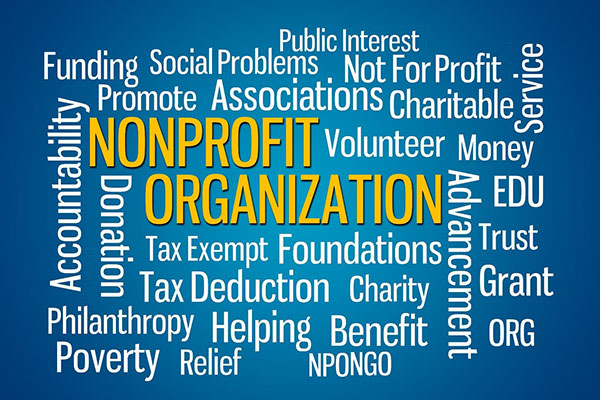
Tax Exemptions for Commercial Corporations in Iran
Tax exemptions for commercial corporations in Iran are subject to plethora of laws, acts and regulations. There are some commonplace fields which are traditionally exempted from paying taxes. There is also a list of least developed regions which offer tax exemptions for companies based in those locations.
Tax Exemptions for Commercial Corporations in Iran
tax exemptions for commercial corporations in Iran is closely tied with the main economic policies. if you manage to initiate your business in Iran in the form of a commercial company, you may find yourself faced with new opportunities to pay less and less taxes. The formula of tax exemptions for commercial corporations in Iran has a variety of elements and there are completely different grounds which one can rely on them for reduction and exemption purposes. However, we can shorten the story in two punch lines: tax exemptions for commercial corporations in Iran depends on what you do, and where you do it.
Non-commercial Companies
Of course, we are not going to dive in the exemptions of non-commercial companies, which are usually exempted from paying any sort of taxes, except the real estate. So, remember no one could escape from real estate taxes in Iran by establishing a charity or a non-commercial company focused on humanitarian activities.

Non-commercial Companies
Agriculture
This is the most respected enterprise for tax policy makers. You can wear farmer clothing and cultivate ingredients, or you can wear a suit and export cultivations to other countries. In both cases, you are consecrated with the privilege of not paying taxes at all. When we talk about agriculture, we also mean:
- Livestock;
- Pisciculture;
- Beekeeping;
- Birds and Poultry farming;
- Gardening.

Agriculture
Knowledge-Based Companies
When a knowledge-based company is born, the government gives him a tax exemption until it turns 15 or 20 years old. The exemption is limited to the revenues obtained by knowledge-based activities. The salary of the company employees will not be eliminated or reduced. knowledge-based companies are also subject to the value-added tax law. There are also some differences between companies based in the science and technology park and others. For example, the exemption period for the first-class companies is 20 years, while the other companies must pay taxes after 15 years.
Click on the link below to read more:
Comments
Post a Comment